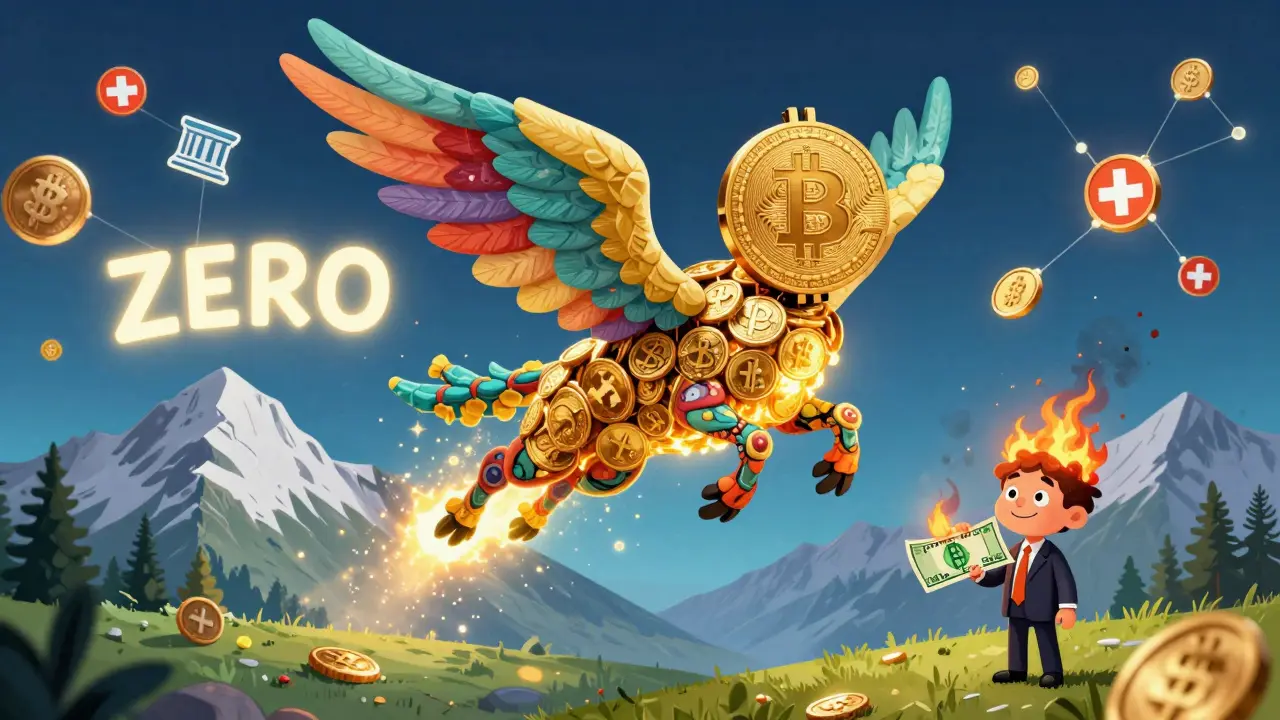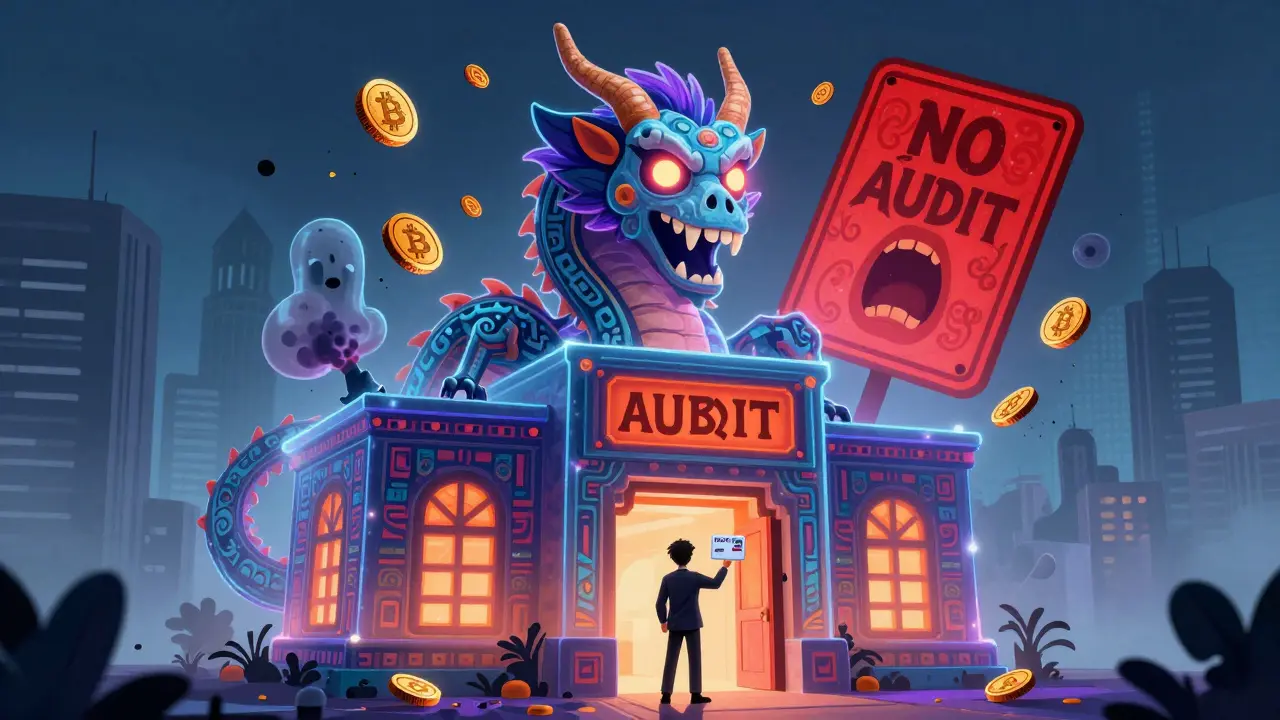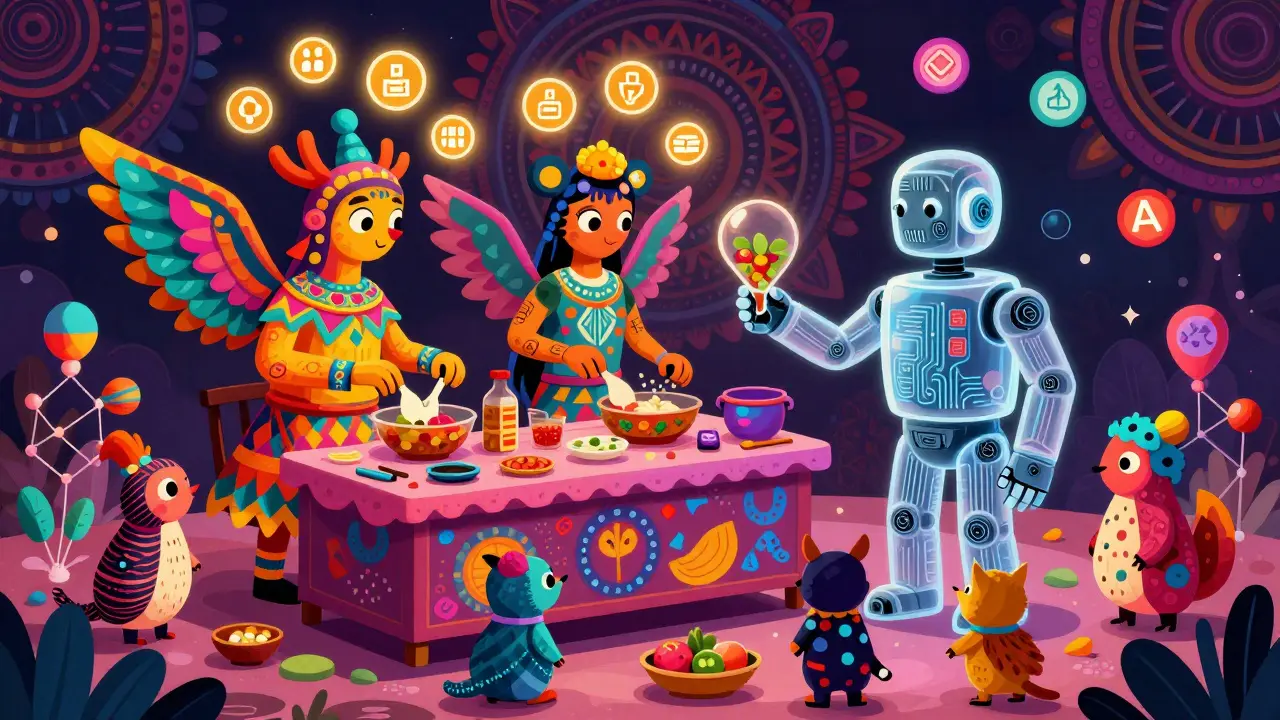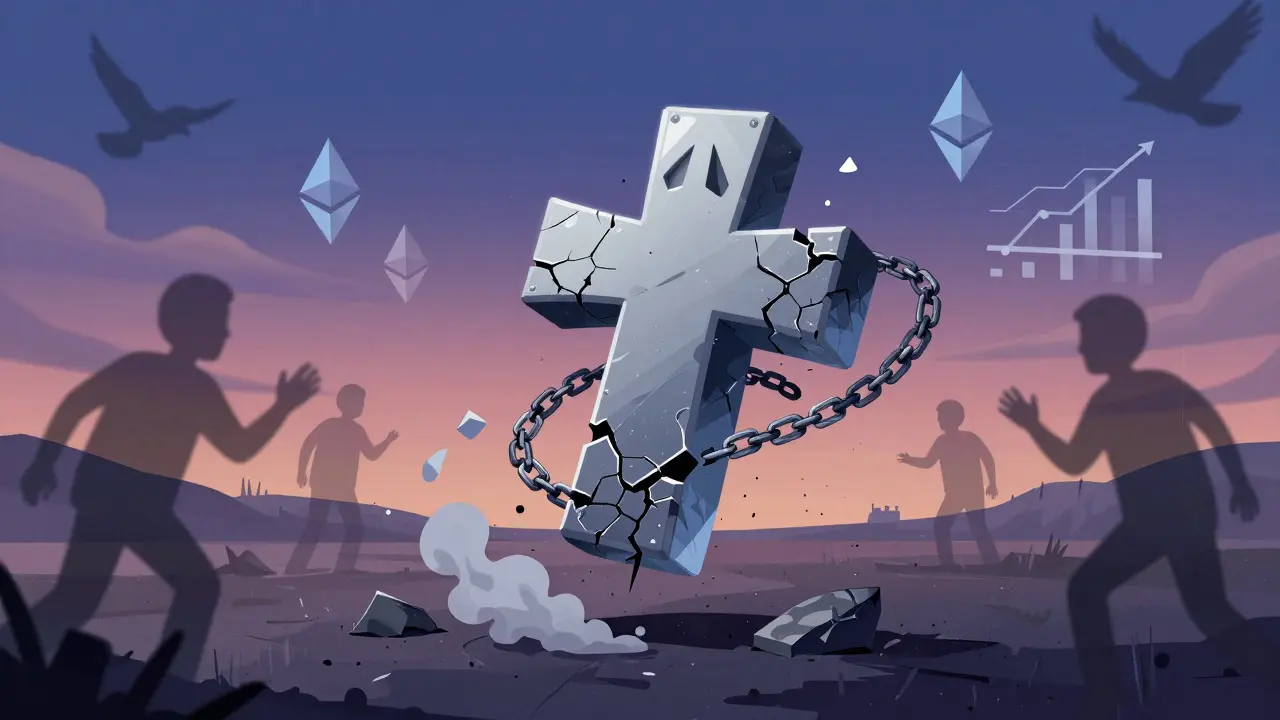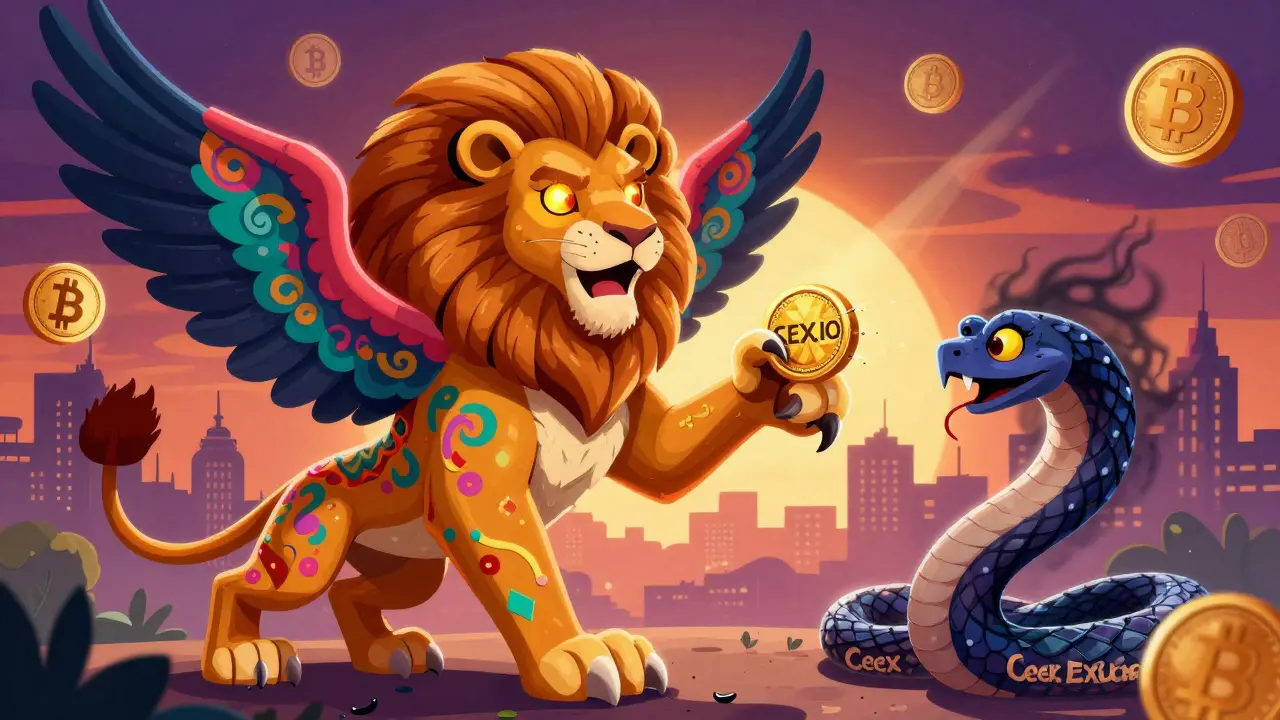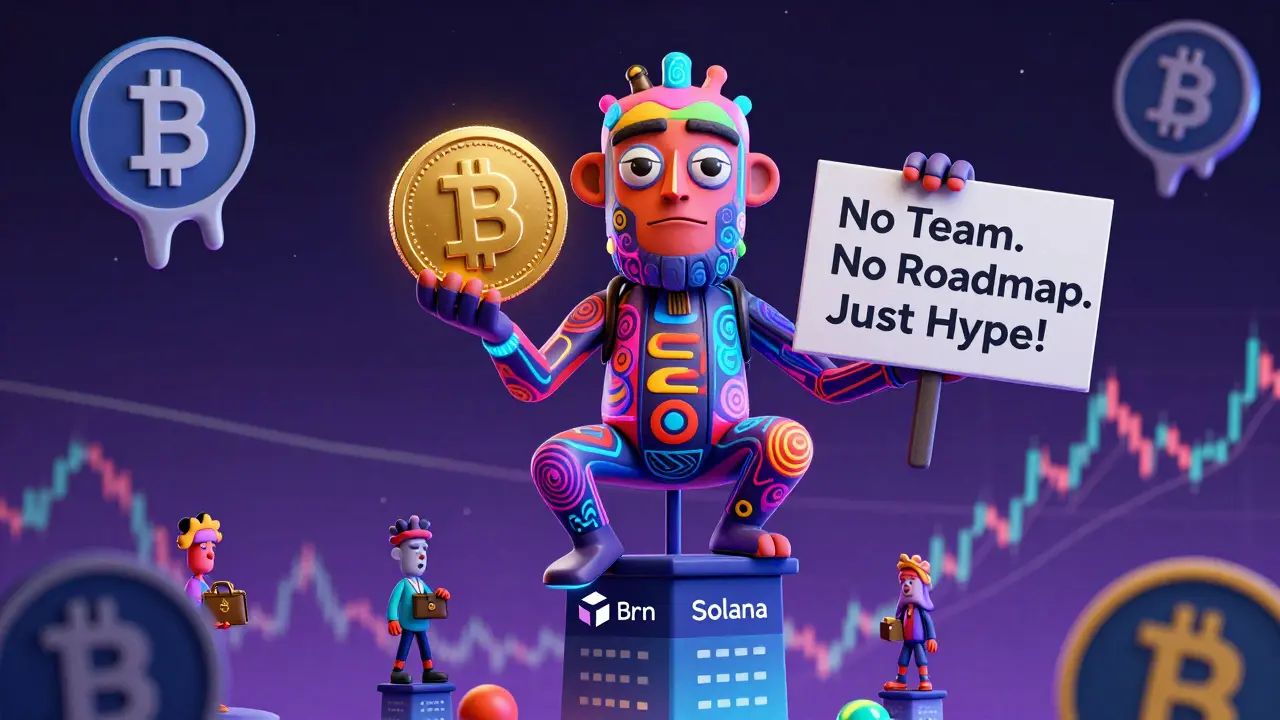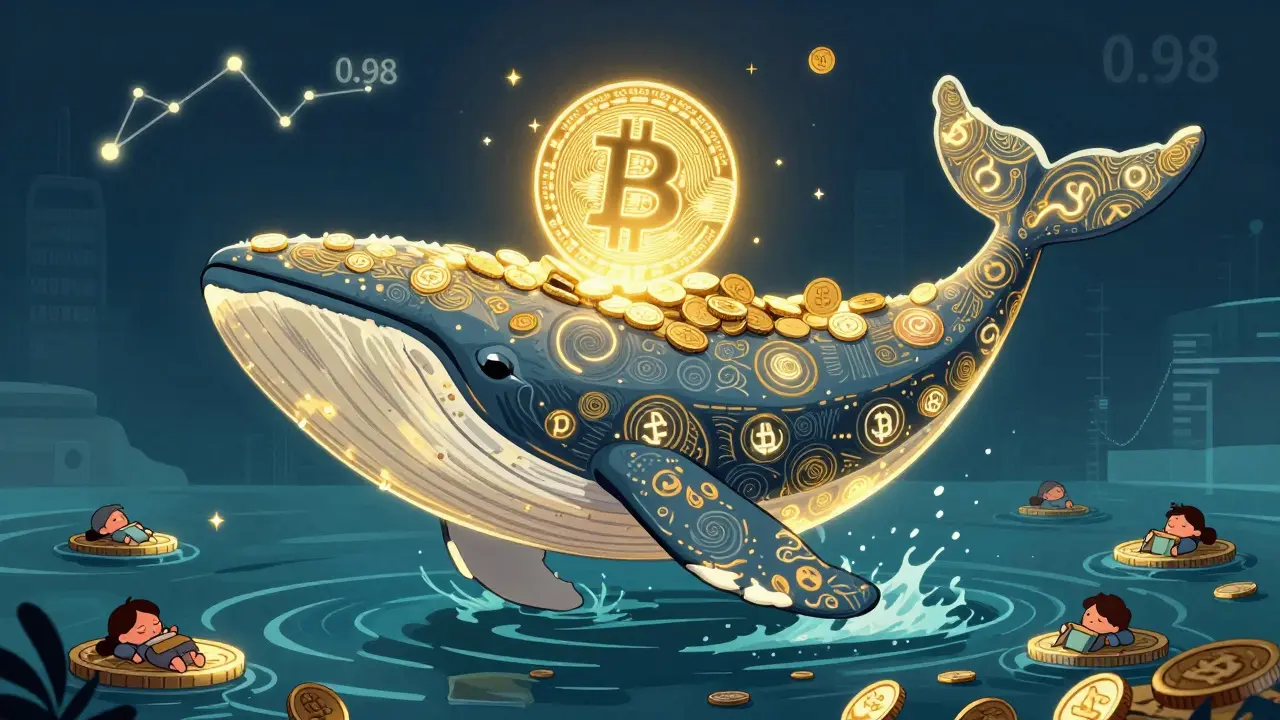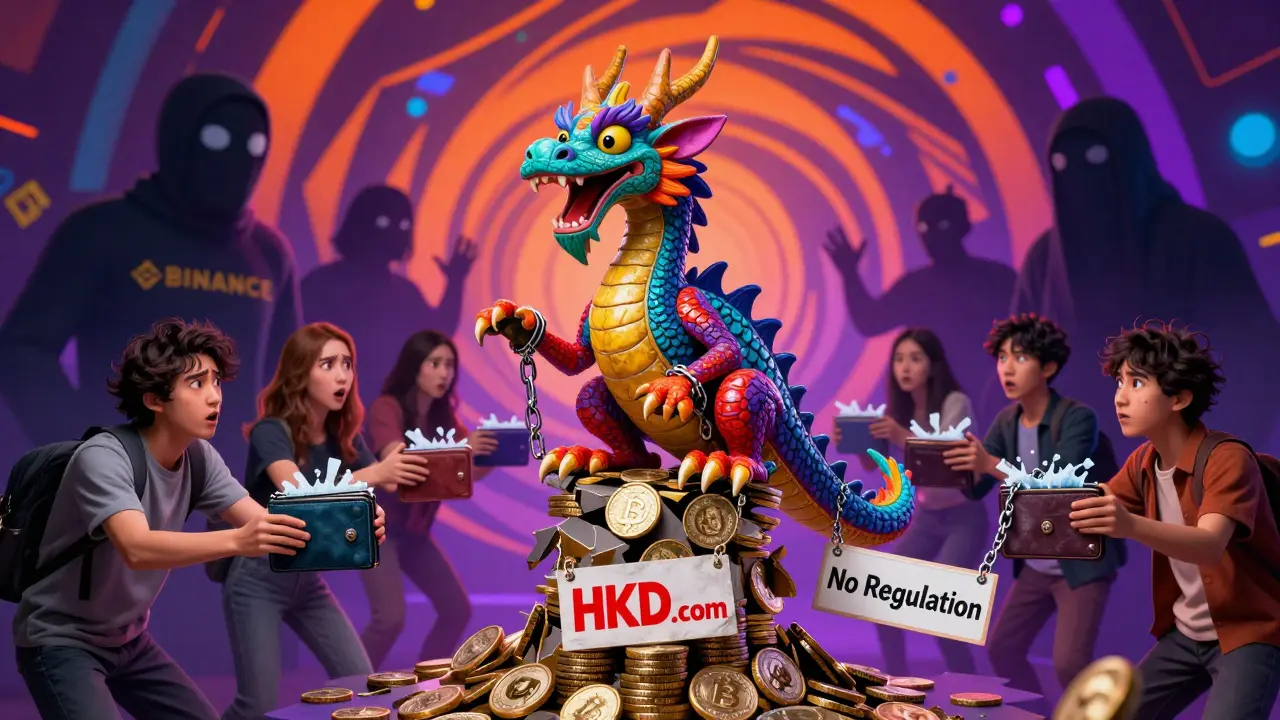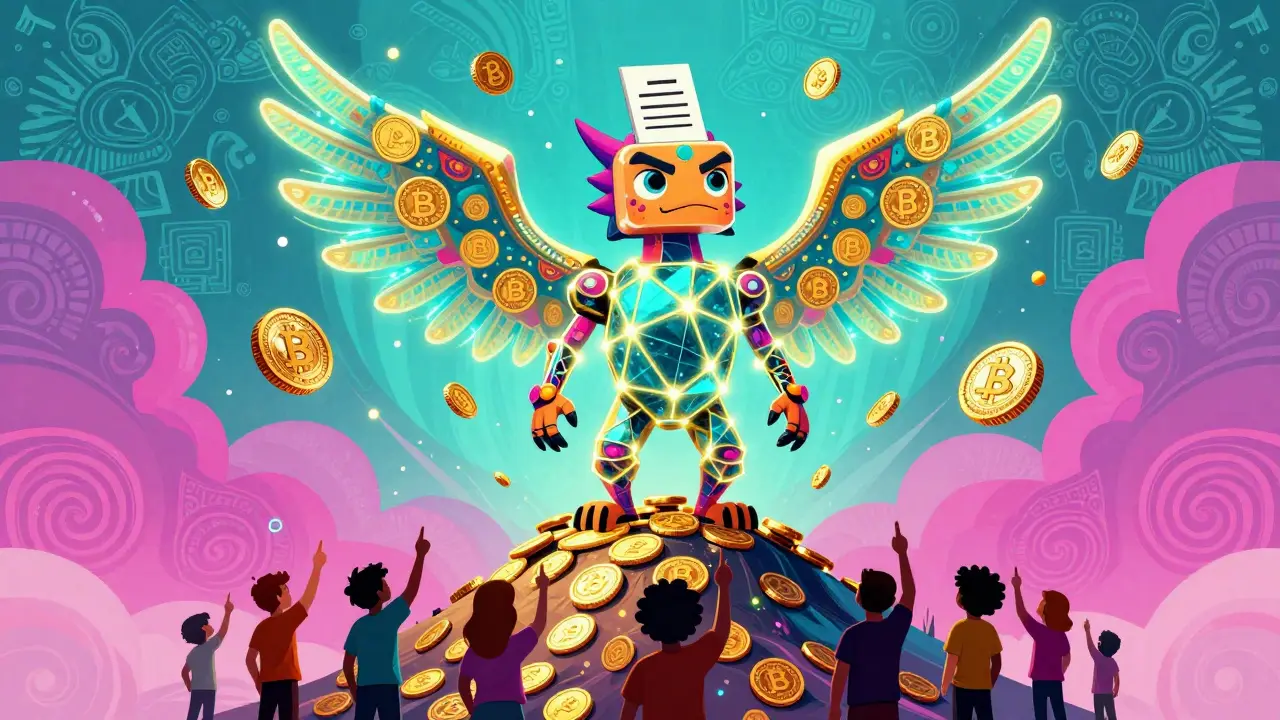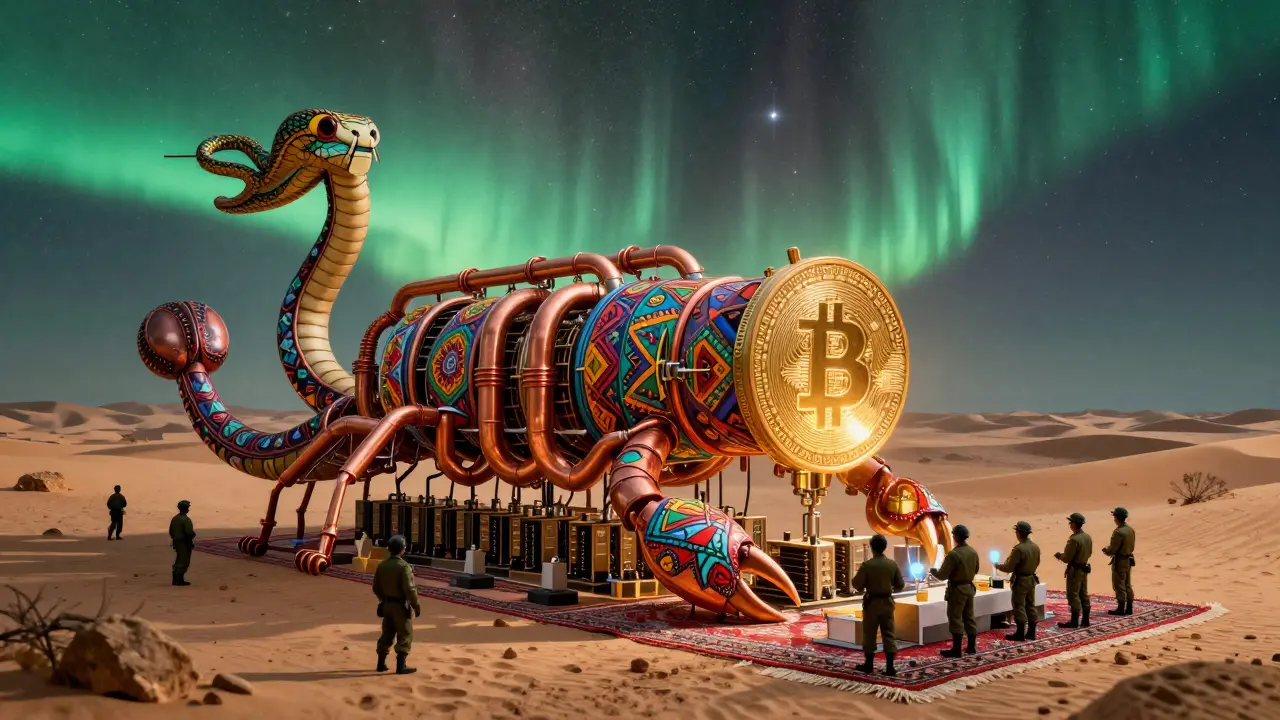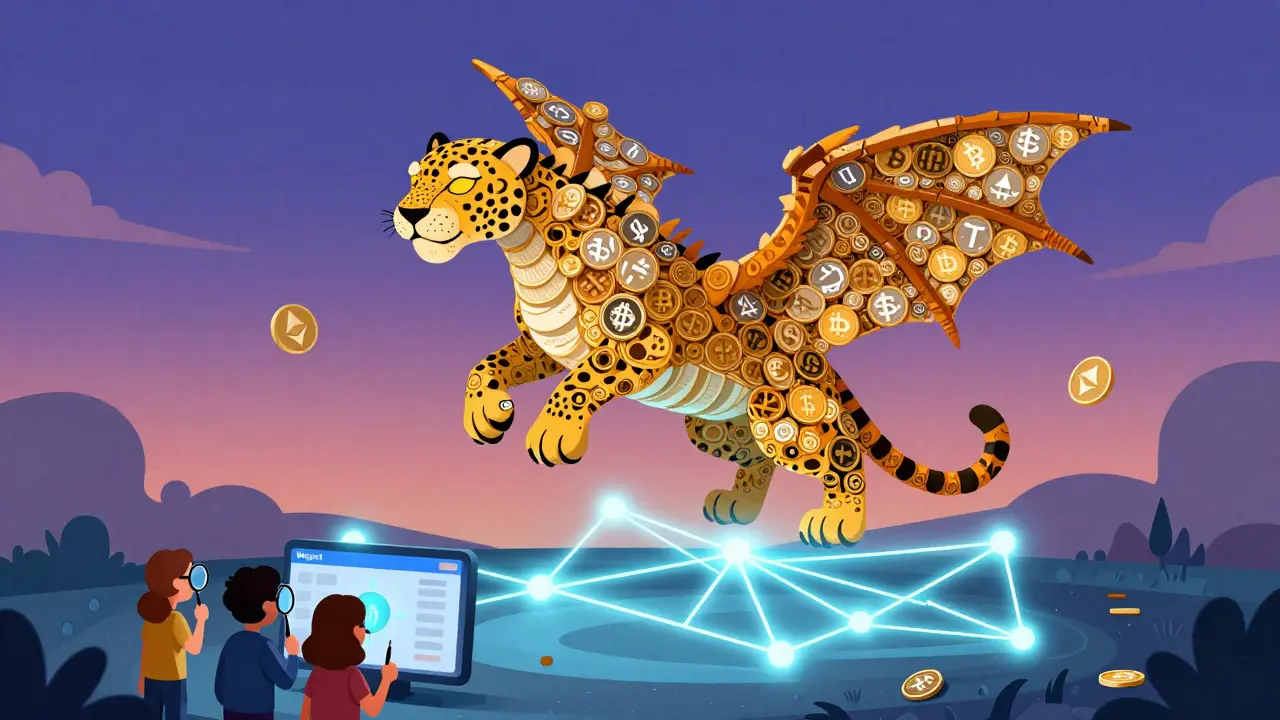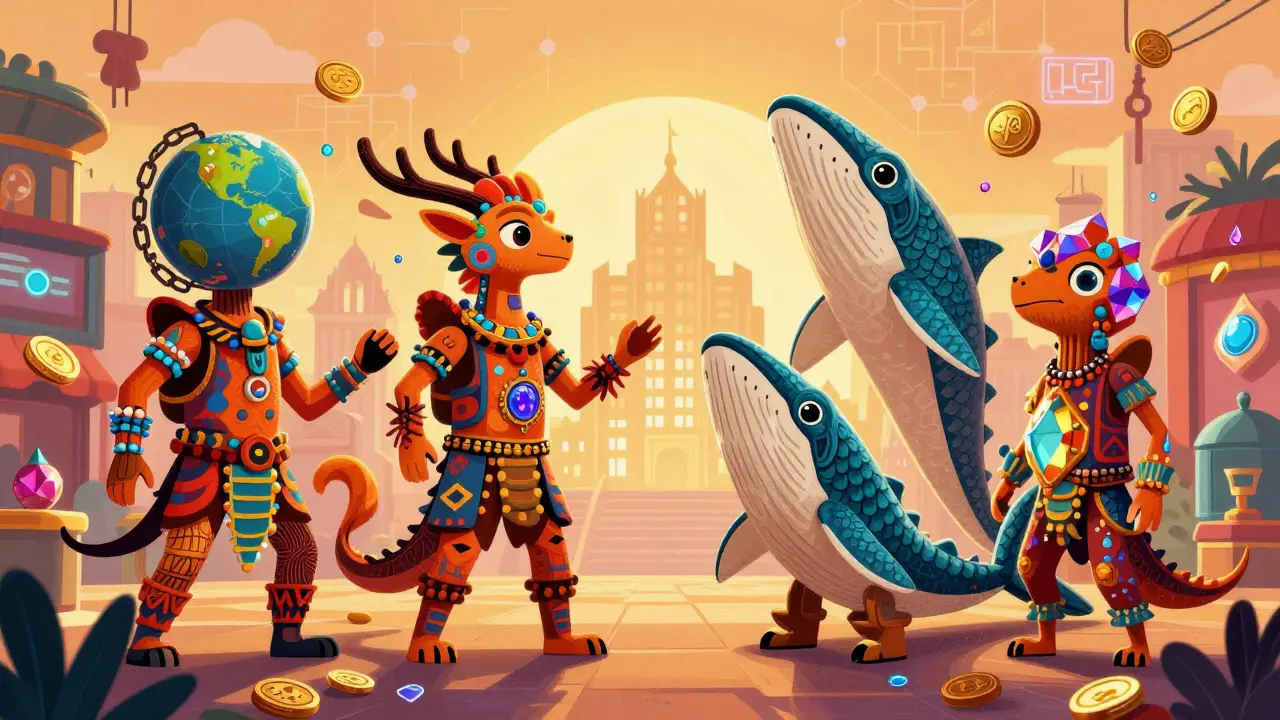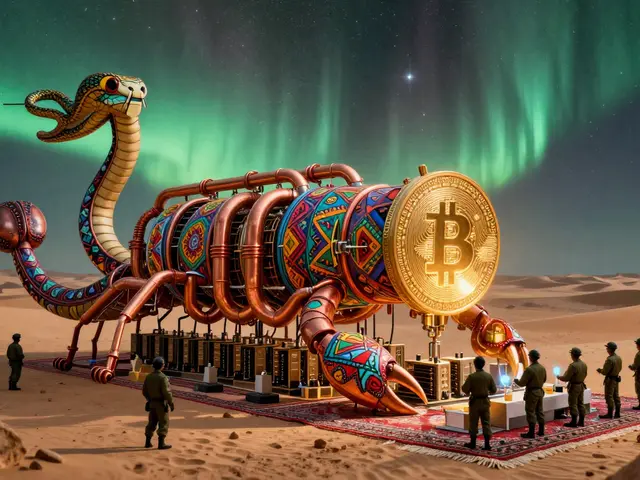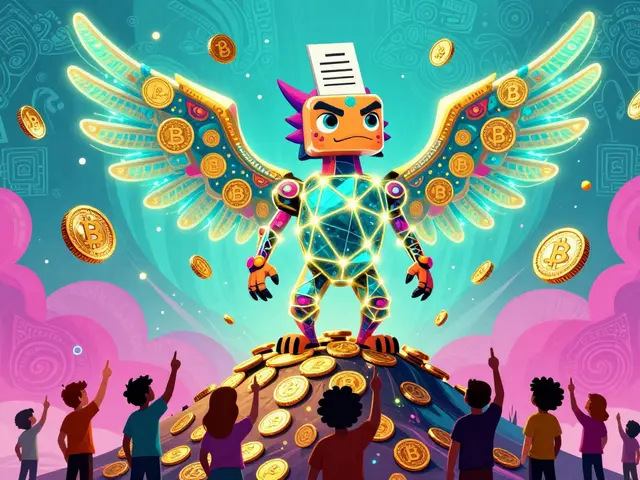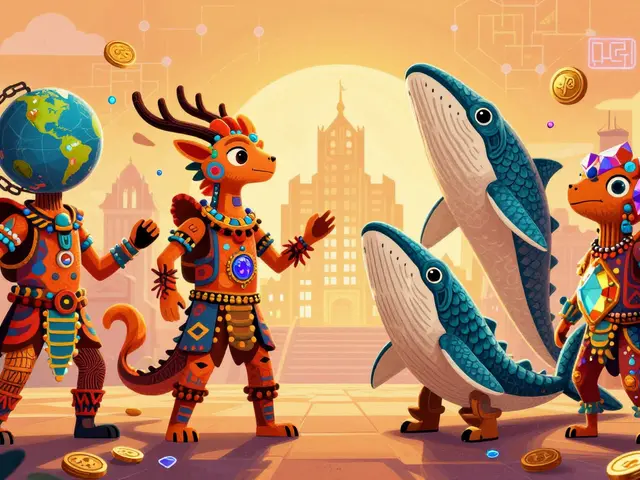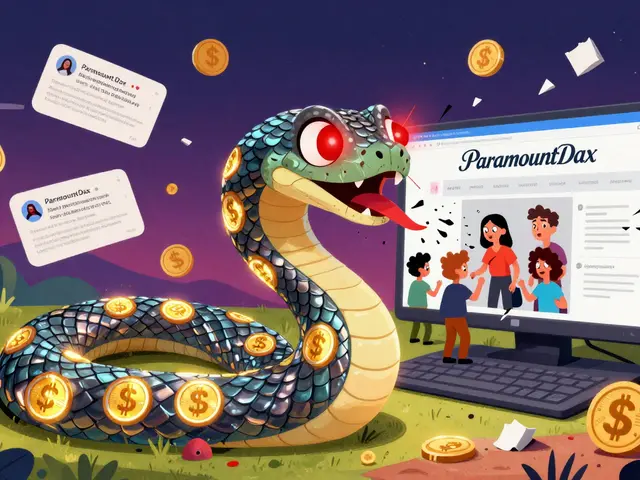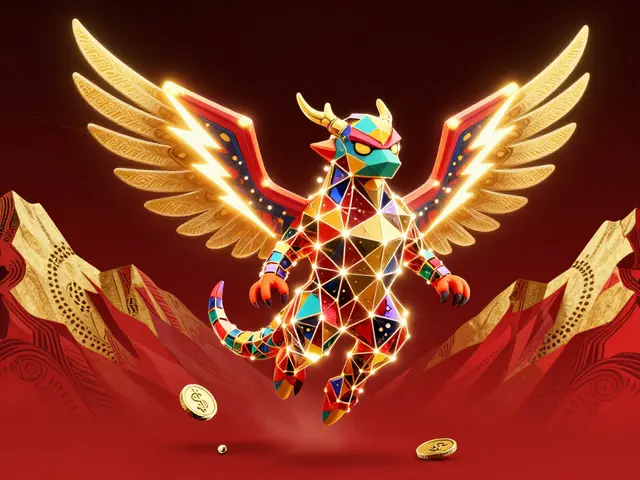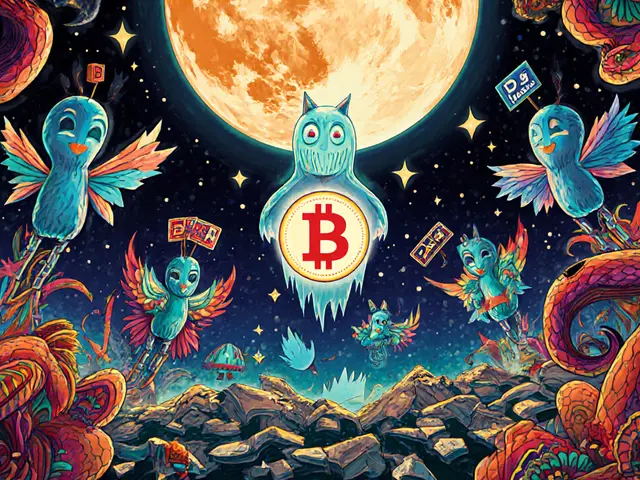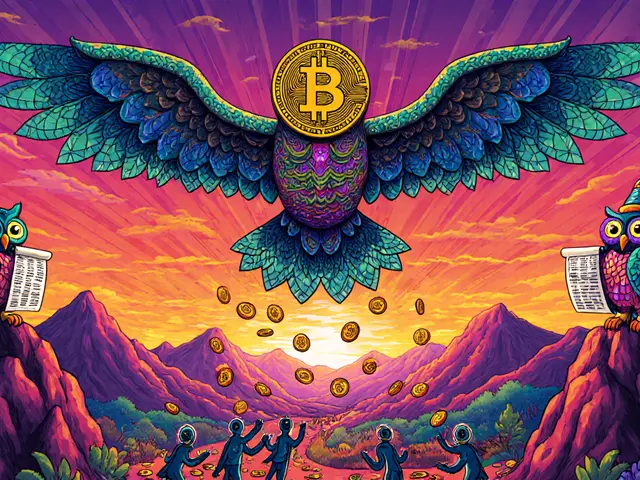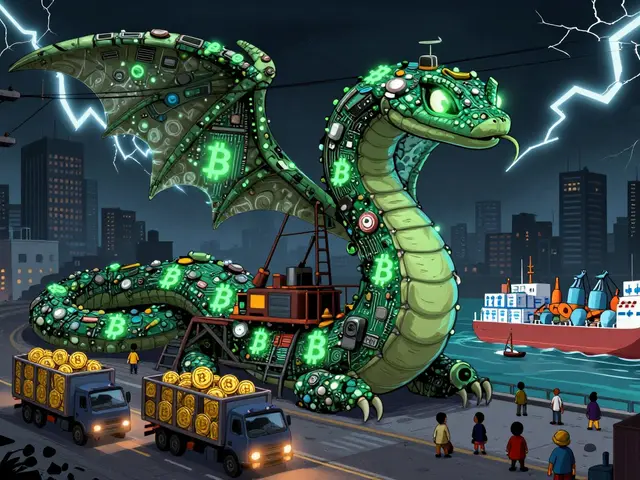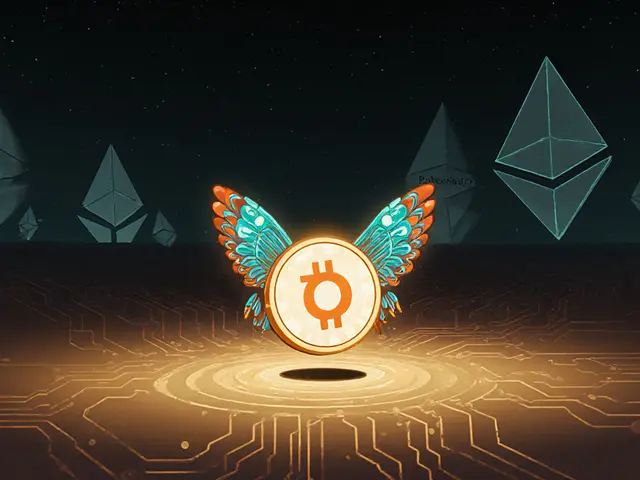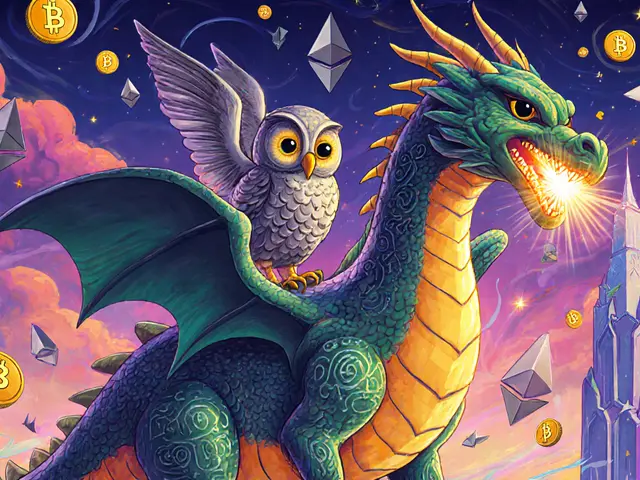Crypto & Blockchain: Understand the Tech, Avoid Scams, and Trade Smarter
When you hear Crypto, digital money that runs on decentralized networks without banks. Also known as cryptocurrency, it lets people send value directly to each other—no middleman needed. But most people don’t realize crypto isn’t just Bitcoin or Ethereum. It’s a whole system: blockchains, exchanges, wallets, tokens, and even digital badges that prove you showed up to an event. And not all of it works. A lot of it is dead, fake, or risky.
Behind every coin is a Blockchain, a public digital ledger that records transactions in blocks, chained together with cryptography. Also known as distributed ledger technology, it’s the foundation for everything from secure voting to fan tokens for football clubs. But not all blockchains are the same. Some, like Bitcoin, use tons of energy. Others, like Ethereum after its upgrade, use almost none. Some are open for anyone to build on. Others are locked down by one company. And some? They’re just names on a screen with no team, no code, and no users—like veDAO or Diyarbekirspor Token.
You can’t talk about crypto without talking about decentralized exchange, a platform where you trade crypto directly from your wallet, without giving control to a company. Also known as DEX, it’s how real users avoid KYC and stay in control. But even DEXs can be dead. Wannaswap? Gone. Huckleberry? Niche but alive for Polkadot users. KyberSwap? Clean, but limited. And then there’s GroveX—no KYC, low fees, but zero trust. Knowing the difference saves you from losing money.
Then there’s crypto security, the practice of protecting your digital assets from theft, scams, and hacks. Also known as self-custody, it’s not optional if you own more than a few dollars worth of crypto. Hardware wallets like Ledger and Trezor aren’t fancy gadgets—they’re your last line of defense. If you don’t use one, you’re trusting strangers with your money. And if you’re chasing airdrops like PERA or ATA, you need to know which ones are real. Most aren’t. Scammers copy names, fake websites, and promise free tokens. They don’t care if you lose. They just want your wallet key.
And let’s not forget the rules. The EU’s MiCA regulations are forcing exchanges in Cyprus to get licensed. Indonesia now taxes every trade. Russia lets you mine—but only if you register and accept power cuts. North Korea is stealing billions. Governments aren’t ignoring crypto. They’re shaping it. And if you’re trading without knowing the rules, you’re playing with fire.
What you’ll find below isn’t a list of coins to buy. It’s a collection of real, tested, and sometimes shocking stories about what’s working, what’s dead, and what’s a trap. You’ll learn why some tokens have zero trading volume, how AI is making blockchains smarter, why fan tokens often mean nothing, and how to spot a scam before you click "Connect Wallet." This isn’t hype. It’s what actually happens when you dig past the marketing.
